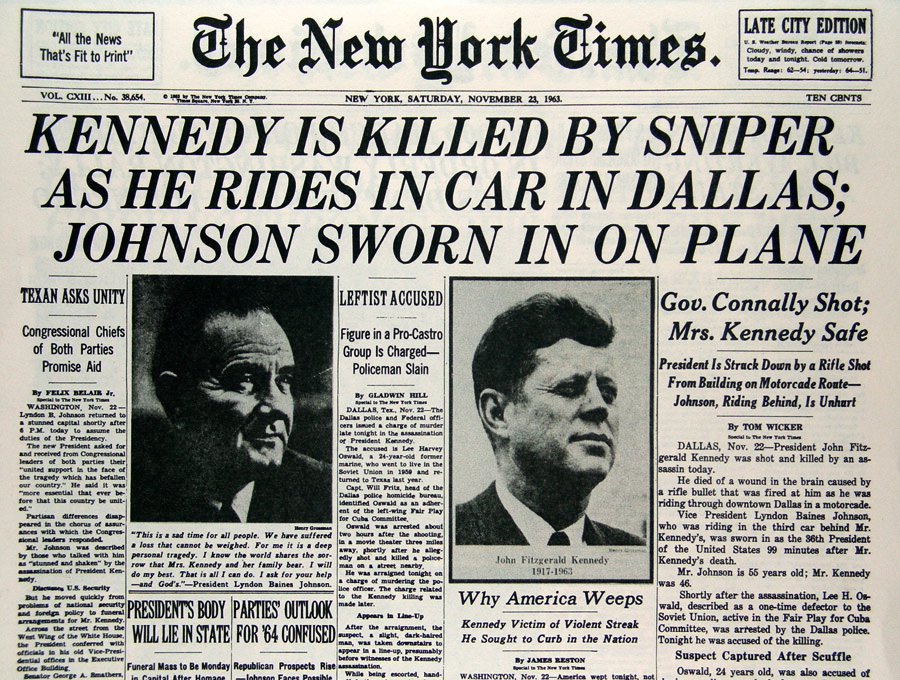Conceptual Expansion (the sixth of twelve things I love about philosophical logic)
There are different delights to be found in working with concepts. It is not all a matter of gaining greater mastery of the concepts you have already acquired. There is also a special delight to be found in acquiring new concepts. I love that feeling of progress when you make a conceptual advance. A common way to do this is to disambiguate, to clarify matters by noticing that what you took to be one thing is really two. This is the clarity gained in uncovering a hidden confusion, the moment when ideas are sharpened and distinguished, when you form a new vocabulary and, as a result, you are able to say things you couldn’t express before. This one way to reap the rewards of conceptual expansion. Our repertoire of concepts is larger than it was.
Here’s an example of this phenomenon. (It’s not an uncontroversial example, but it’s one that I find quite compelling.) Consider what it means to suppose something. This is something we do regularly when we’re reasoning, when we’re planning, considering options, or discussing something with people who have different views. Often we “try a claim on for size”, suppose it’s the case, and reason from there. (This kind of dialectical move is something we not only do, it’s also at the heart of different accounts of the structure of proof.)
It’s an insight — a conceptual advance — to notice that the act of supposition can take different forms, that not all supposition is the same.

If I suppose that it’s not the case that Oswald shot Kennedy, I can do this in two different ways.
I can counterfactually suppose (I can suppose that Oswald hadn’t shot Kennedy) and here I still grant that Oswald did shoot Kennedy (or at least, I leave it open that he did) and I could explore what would have followed in the (not-necessarily actual) circumstances where he didn’t. We do this sort of thing when we plan for the future or regret the past. We consider alternate possibilities, with an eye to understand what we can do, and what options are available to us.
But this is not the only form of supposition: we indicatively suppose when we ask ourselves whether we might be wrong, or when we consider what things are like from a point of view other than ours. When we suppose that Oswald didn’t shoot Kennedy, we take on a different view of how things are. I consider the option that it didn’t happen as I have taken it to happen, but that it actually happened in some other way. This is the kind of supposition involved when we’re considering opposing views and weighing different theories of how things are.
Once you realise that we can be doing different things in different forms of supposition means that you have the space to allow these kinds of supposition to operate in different ways, and to explore their distinct features. (This is the direction I pursue things in my paper on a cut-free hypersequent calculus for two-dimensional modal logic.)
The generation of new concepts is a different kind of conceptual mastery than the working out of consequences I discussed in the previous entry. Here, instead of gaining mastery of an already established practice, we institute a new practice, and gain the ability to say new things.
Conceptual Expansion is the sixth of twelve things that I love about philosophical logic.
